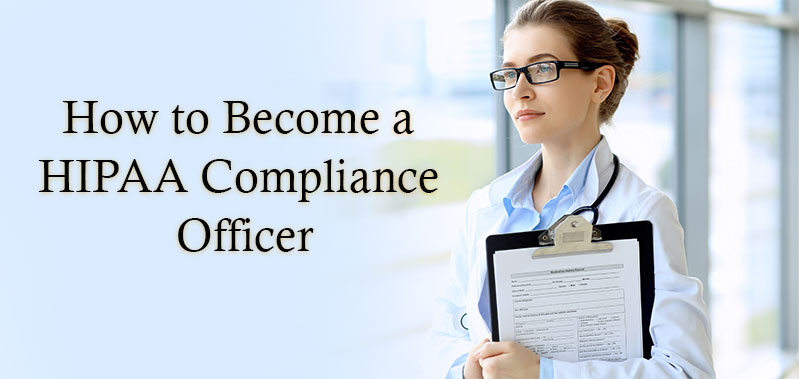
How to Become a HIPAA Compliance Officer
Understand the Role of a HIPAA Compliance Officer
A HIPAA Compliance Officer is responsible for ensuring an organization adheres to all HIPAA regulations regarding patient data privacy and security. Their duties typically include:
-
Assessing and Managing Risk: Identifying vulnerabilities in handling PHI (Protected Health Information) and ensuring appropriate security measures are in place.
-
Developing Policies and Procedures: Creating protocols for handling, storing, and sharing PHI, ensuring compliance with HIPAA rules.
-
Training and Educating Staff: Ensuring that employees are aware of HIPAA guidelines and their responsibilities when handling sensitive data.
-
Monitoring and Auditing: Regularly auditing the organization’s systems for compliance, identifying gaps, and ensuring corrective actions are taken.
-
Responding to Breaches: Overseeing the response to data breaches, including reporting breaches to authorities and affected individuals as required by HIPAA.
2. Get the Necessary Education and Background
Although HIPAA compliance officers may come from various educational backgrounds, certain degrees and qualifications can help lay the groundwork for this career path.
-
Educational Requirements:
-
A bachelor's degree is typically required, especially in fields like health information management, healthcare administration, business, or law. Some organizations may prefer a master’s degree for more advanced positions.
-
A background in healthcare law, information security, or risk management can be beneficial, as it aligns closely with the responsibilities of a HIPAA Compliance Officer.
-
-
Relevant Experience:
-
Experience working in the healthcare field, especially in areas like health information management, medical billing, or IT security, is highly valuable.
-
Some Compliance Officers start their careers as privacy officers, healthcare administrators, or security managers before transitioning into HIPAA compliance roles.
-
3. Gain Experience in Healthcare and Compliance
Having direct experience in a healthcare environment is crucial. Many HIPAA Compliance Officers start in entry-level roles within healthcare organizations, such as:
-
Health Information Management (HIM) Technician
-
Medical Records Clerk
-
Compliance Specialist
-
Risk Management Associate
These positions allow you to become familiar with handling Protected Health Information (PHI) and understanding the inner workings of healthcare regulations.




